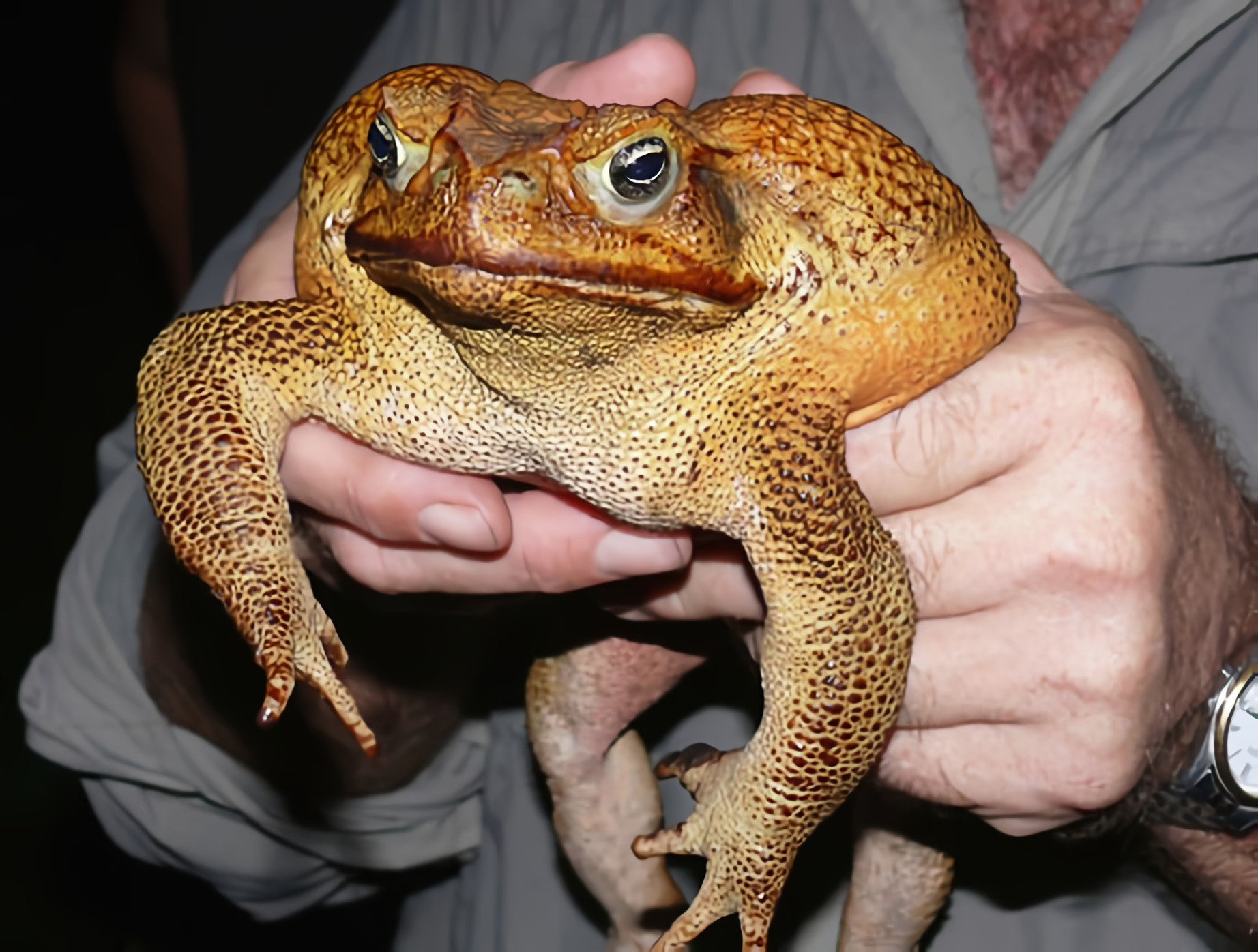The law of consuming 'Todan'
In the northern part of South Sulawesi, precisely in Enrekang Regency, there is one species of animal that is not found in other parts of Sulawesi. The locals call this animal todan or tondan or called a big frog. Todan is an animal that lives in primary forests which in South Sulawesi can only be found in Enrekang Regency. This animal, whose Latin name is Limnonectes Grunniens, is still in the same family as frogs and toads. The most prominent difference that distinguishes it from frogs in general is its fairly large size. The size of one tail can reach 1.5 kg with a length ranging between 30-50 cm. Its large size is often compared to the size of a human baby. According to LIPI, this type of frog, besides being found in Enrekang, can also be found in Papua and Maluku. Based on research results, this animal can produce 1,000 eggs per year when it lays eggs.
The habitat of this animal usually lives in clear rivers with large rocks or in the gardens of residents near water sources. Because the activity of this animal is at night, villagers usually hunt it at night too.
Uniquely, in several villages in Enrekang Regency, such as Kadingeh Village, Baraka District, this animal is consumed by local residents. In fact, consuming todan is considered commonplace by residents there, including those who are Muslim. The Duri Tribe who live in Kadingeh Village consider consuming todan as an ancestral heritage because it has been carried out for generations. Villagers consume it in various ways. Before being consumed, todan is cleaned and skinned first because it has mucus. Kadingeh Village residents often process todan into kentucky (fried in flour or crispy), grilled or cooked in yellow sauce like when cooking fish (palu mara - a typical Bugis Makassar dish). As a result of these habits, todan animals are currently threatened with extinction.
What is the law on consuming Todan?
If we refer to the Quran and Hadith, we will not find any texts that specifically mention the command to eat it or the prohibition to eat it. However, if we refer to the explanation of science and biology, this frog is still in the same family as frogs, which in terms of morphology, physiology and life behavior do not have significant differences with frogs in general, some even equate it with frogs by calling it a big frog. So to determine the legal status of consuming it, what can be used as a reference is how the law of consuming frogs has long been a topic of discussion among scholars of the school of thought.
If we refer to the views of scholars regarding the law on consuming frogs, we will find various views. Scholars from the Maliki School, for example, say it is halal, while scholars from the Shafi'i School and the majority of scholars (most scholars) forbid it. The scholars from the Maliki School who allow it are based on the argument that there is no detailed and explicit text that directly mentions its prohibition, so we must return to the principle that the origin of everything is permissible until there is evidence that prohibits it (al-ashlu fil asyail ibaha hatta yadullu dalil alal tahrim). Meanwhile, the Shafi'i scholars and the majority of scholars forbid it by arguing that this frog is a disgusting animal (al-khabits) and is said to have its own prohibition in the hadith, namely the hadith about the prohibition of killing frogs even for treatment. As the hadith states, "From Abdurrahman bin Ustman al-Quraysh that a healer (doctor) asked the Messenger of Allah SAW about frogs used in medicine mixtures, then the Messenger of Allah SAW forbade killing them" (HR. Ahmad, Abu Dawud and An-Nasai).
The MUI fatwa in 1948 AD held in November 1948 at the Istiqlal Mosque in Jakarta regarding the law of eating and cultivating frogs also decided that it is permissible to cultivate frogs only for their benefits, not to be eaten. Meanwhile, the fatwa of the Indonesian Ulema Council (MUI) in 2003 reaffirmed the prohibition of eating frogs for Muslims. In fatwa No. 4 of 2003 concerning the Standardization of Halal Fatwas in point 6 regarding the issue of frogs, it is stated that the Prophet forbade killing frogs, so it is also forbidden to kill and eat them.
On that basis, Enrekang residents should no longer consume todan, not merely to save todan from the brink of extinction, but as a form of caution in avoiding consuming something that is forbidden. Wallahu 'Aelam.



